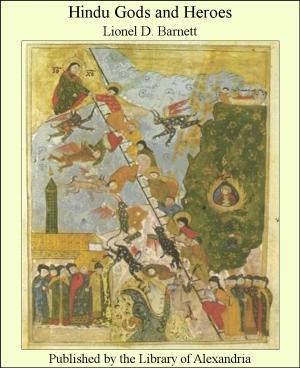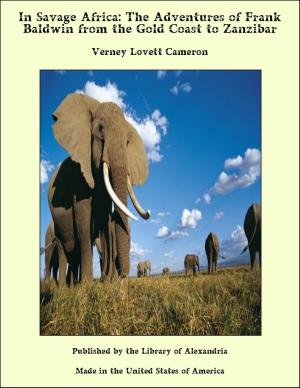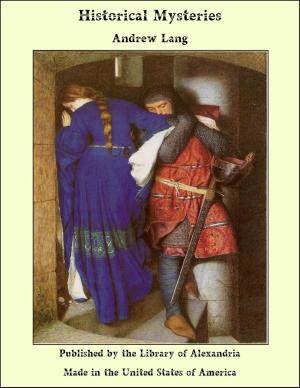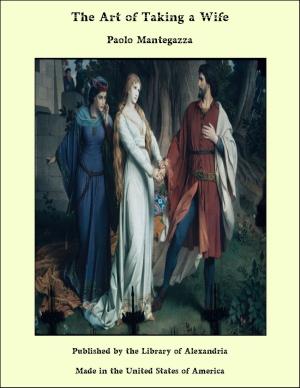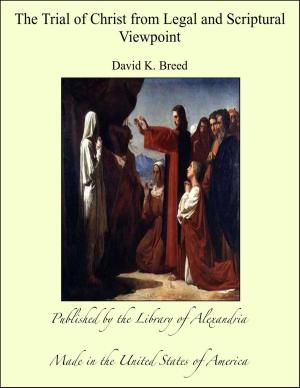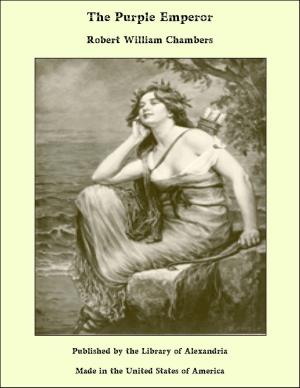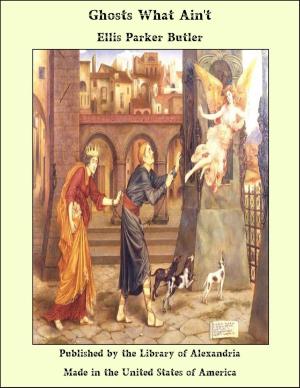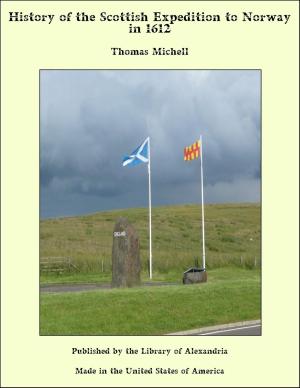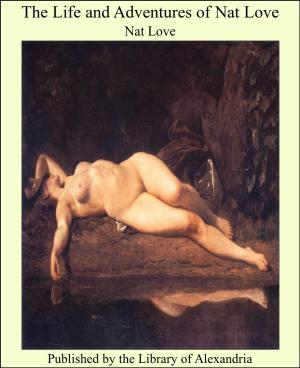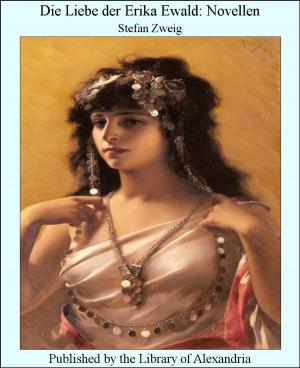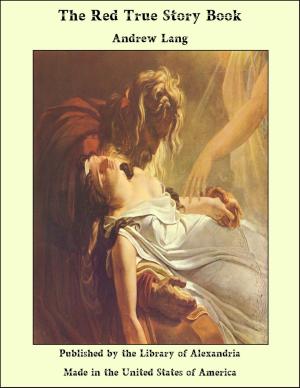Monday or Tuesday and Kew Gardens
Nonfiction, Religion & Spirituality, New Age, History, Fiction & Literature| Author: | Virginia Woolf | ISBN: | 9781465595065 |
| Publisher: | Library of Alexandria | Publication: | March 8, 2015 |
| Imprint: | Language: | English |
| Author: | Virginia Woolf |
| ISBN: | 9781465595065 |
| Publisher: | Library of Alexandria |
| Publication: | March 8, 2015 |
| Imprint: | |
| Language: | English |
THIS IS HOW it all came about. Six or seven of us were sitting one day after tea. Some were gazing across the street into the windows of a milliner’s shop where the light still shone brightly upon scarlet feathers and golden slippers. Others were idly occupied in building little towers of sugar upon the edge of the tea tray. After a time, so far as I can remember, we drew round the fire and began as usual to praise menhow strong, how noble, how brilliant, how courageous, how beautiful they werehow we envied those who by hook or by crook managed to get attached to one for lifewhen Poll, who had said nothing, burst into tears. Poll, I must tell you, has always been queer. For one thing her father was a strange man. He left her a fortune in his will, but on condition that she read all the books in the London Library. We comforted her as best we could; but we knew in our hearts how vain it was. For though we like her, Poll is no beauty; leaves her shoe laces untied; and must have been thinking, while we praised men, that not one of them would ever wish to marry her. At last she dried her tears. For some time we could make nothing of what she said. Strange enough it was in all conscience. She told us that, as we knew, she spent most of her time in the London Library, reading. She had begun, she said, with English literature on the top floor; and was steadily working her way down to the Times on the bottom. And now half, or perhaps only a quarter, way through a terrible thing had happened. She could read no more. Books were not what we thought them. “Books,” she cried, rising to her feet and speaking with an intensity of desolation which I shall never forget, “are for the most part unutterably bad!”
THIS IS HOW it all came about. Six or seven of us were sitting one day after tea. Some were gazing across the street into the windows of a milliner’s shop where the light still shone brightly upon scarlet feathers and golden slippers. Others were idly occupied in building little towers of sugar upon the edge of the tea tray. After a time, so far as I can remember, we drew round the fire and began as usual to praise menhow strong, how noble, how brilliant, how courageous, how beautiful they werehow we envied those who by hook or by crook managed to get attached to one for lifewhen Poll, who had said nothing, burst into tears. Poll, I must tell you, has always been queer. For one thing her father was a strange man. He left her a fortune in his will, but on condition that she read all the books in the London Library. We comforted her as best we could; but we knew in our hearts how vain it was. For though we like her, Poll is no beauty; leaves her shoe laces untied; and must have been thinking, while we praised men, that not one of them would ever wish to marry her. At last she dried her tears. For some time we could make nothing of what she said. Strange enough it was in all conscience. She told us that, as we knew, she spent most of her time in the London Library, reading. She had begun, she said, with English literature on the top floor; and was steadily working her way down to the Times on the bottom. And now half, or perhaps only a quarter, way through a terrible thing had happened. She could read no more. Books were not what we thought them. “Books,” she cried, rising to her feet and speaking with an intensity of desolation which I shall never forget, “are for the most part unutterably bad!”

